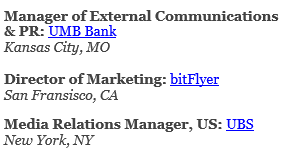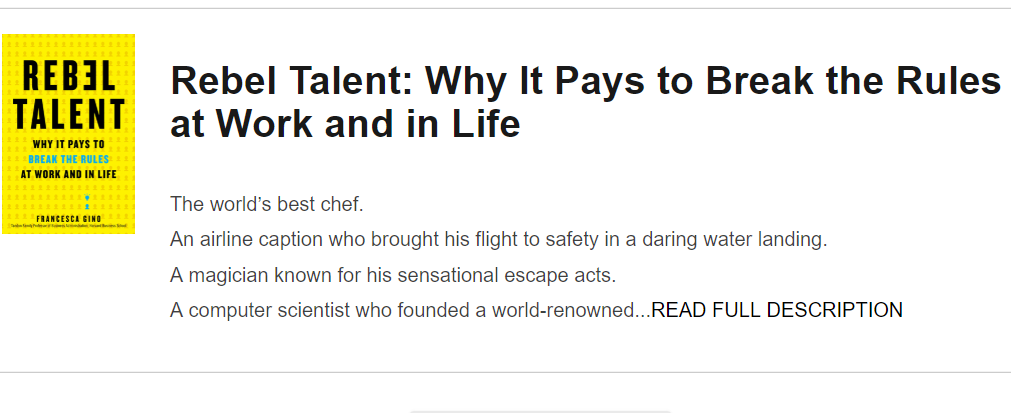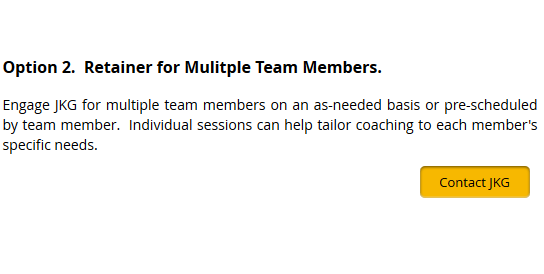MISTAKE MONDAY for Aug. 27: Can YOU spot what’s wrong?
Can you spot what’s wrong in the image below? Please post your answer as a comment. I had to read this twice before I spotted the big problem.

I post these challenges to raise awareness of the importance of proofreading.
MISTAKE MONDAY for Aug. 20: Can YOU spot what’s wrong?
Can you spot what’s wrong in the image below? Please post your answer as a comment.

I post these challenges to raise awareness of the importance of proofreading.
MISTAKE MONDAY for Aug. 13: Can YOU spot what’s wrong?
Can you spot what’s wrong in the image below? Please post your answer as a comment. I think someone forgot to proofread this one. They should know better. (Of course, I’ve made careless mistakes like this too many times.)

I post these challenges to raise awareness of the importance of proofreading.
MISTAKE MONDAY for Aug. 6: Can YOU spot what’s wrong?
Can you spot what’s wrong in the image below? Please post your answer as a comment. This is a mistake that bugs me.

I post these challenges to raise awareness of the importance of proofreading.
MISTAKE MONDAY for Jul. 23: Can YOU spot what’s wrong?
Can you spot what’s wrong in the image below? Please post your answer as a comment. I bet this week’s mistake jumps out at you.

I post these challenges to raise awareness of the importance of proofreading.
MISTAKE MONDAY for Jul. 9: Can YOU spot what’s wrong?
Can you spot what’s wrong in the image below? Please post your answer as a comment. Hint: spell-checking software won’t help you catch this one.

I post these challenges to raise awareness of the importance of proofreading.
MISTAKE MONDAY for June 11: Can YOU spot what’s wrong?
Can you spot what’s wrong in the Mistake Monday image below? Please post your answer as a comment.

I post these challenges to raise awareness of the importance of proofreading.
Spell-checking software should have caught this week’s error.



